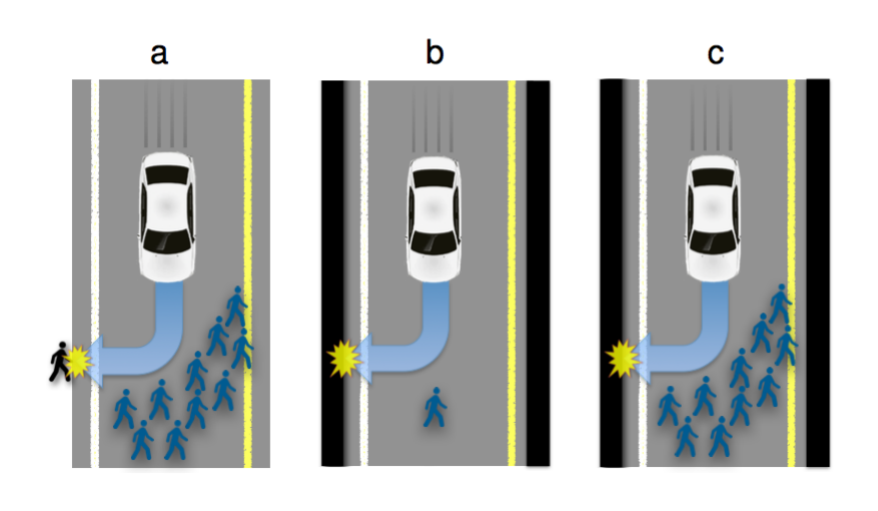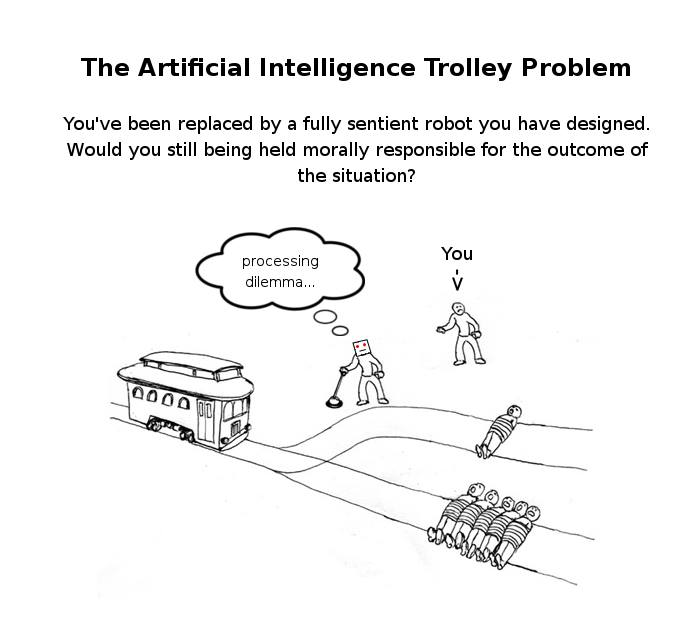What do you look for when you’re reading a comic? The words? The art? Both? Does one interfere with the other?
I was talking with S recently, and I was extolling the virtues of Casey and Andy[1], one of my favourite web comics. S mentioned that she had tried to read it multiple times (often at my behest), but had been unable to get into it because of the art[3].
For me, I had briefly noticed the bad art very early on in the run, but the ideas he played with, especially with non-standard comic framing were more than worth it. (And it didn’t really bother me much at all.)
Thinking about it, I realized that the webcomics I like are generally very simple art-wise. I’m not sure if I actively prefer webcomics with worse art, but I may prefer those with simpler art. Some of the ones I read most often:
Questionable Content (mature themes, sometimes nsfw)
Order of the Stick
XKCD
have very simple art, perhaps well done (I think), but very simple lines and drawing.
Some of my other favourites are still simple, but (I think) most would say that they are reasonable artists:
Freefall
Prequel Adventure
SSDD (sometimes nsfw)
I’ve stopped reading:
Dr. McNinja
Goblins (often disturbing cartoon violence)
perhaps because of the more complex/busy art. I know I stopped reading Goblins because I find the art a little too gory/uncanny valley/disquieting.
I also enjoy:
Cyanide & Happiness (Trigger warnings)
asdfmovie (NSFW/warning/etc.)
But they are both incredibly simple art. Cyanide & Happiness is probably the worst art of any on this list, but I enjoy it because of the humour.
Among the graphic novels I’ve enjoyed are:
Transmetropolitan (nsfw, probably triggers in there too)
Watchmen (natch) (movie was rated R)
Ex Machina (some adult themes)
I feel that all of these, their art enhances the story. In Transmet, it really brings the world alive, and it works that you have a really busy future city, where everything is happening all the time. You also get important information about Spider’s personality and how he treats people. Watchmen is just a work of beauty woven on so many levels, and I like the vibrant colours of Ex Machina. I feel that something more realistic would almost detract, bring things closer to the uncanny valley, perhaps.
Interestingly, I have a perhaps similar reaction to music, that when I’m listening to a piece of music, I can really only listen to the music part of it, the words I can almost never hear, except when they are very clearly in the foreground, and/or I’ve heard them many times before. This may be related to being an instrumentalist in my previous life.
tl;dr: I like the words of web comics. I like it when the art is simple, or when the art if more complex and is cast in a supporting role to the story. Art more than that can detract (for me, at least) from the words, which (in comics) are my favourite part.
[1]This comic is perhaps one of his more bizarre comics, but I think a fair example of his artistic style/talent. He mentioned in his AMA[2] that “I realized I hated doing the artwork. I just liked telling jokes to people and the art was a necessity for it. That was the main reason I stopped making the comic.”
[2]Also, you probably know him as Andy Weir, the guy who wrote ‘The Martian‘.
[3]You can see a takedown of his drawing of a different comic called ‘Cheshire Crossing’ here.

